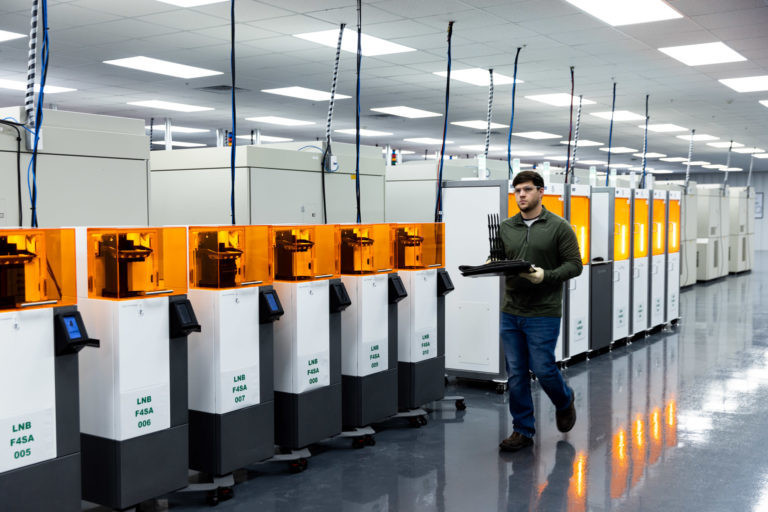views

In manufacturing, and particularly in custom metal parts manufacturing, precision is not just a sought-after feature; it is a must-have. From aerospace, automotive, medical devices, to industrial machinery, precision to the exact specifications can mean the difference between success and failure. The need for precision in manufacturing metal parts is, therefore, indispensably important as it makes the difference between quality, performance, safety, and cost-effectiveness.
The Importance of Accuracy in Metal Part Manufacturing
Custom metal parts are often of utmost importance in complex systems. Any variation from the dimensions or tolerances can lead to a whole series of problems, including issues with assembly, failures in the operation, or potential safety hazards. So, here is why precision is necessary:
1. Ensures Fit and Functionality
Precision manufacturing guarantees that every component fits well with the others. But in assemblies where many metal parts interact, even the slightest of imperfections may cause misalignments, and in turn, wear or complete mechanical failure. For example, tight tolerances in aerospace ensure that engine components run smoothly without any leaks or vibrations and maintain safety and efficiency.
2. Better Performance and Life Expectancy
Metal components manufactured very precisely are generally the most durable and are good performers over time. They reduce stress concentrations and weak points that would otherwise limit the life of parts exposed to mechanical loads or heat, and corrosive environments. This is particularly vital when custom metal parts are used in medical implants or precision instruments, wherein it's performance and longevity matter.
3. Reduces Material Waste and Cost
Setting precision upfront means also minimizing reworks or scrapping and, therefore, losing time and some amount of materials. In the manufacture of metal parts, even a slight deviation can cost a lot of waste and material if parts have to be remanufactured or scrapped. High precision with low waste and costs is provided by CNC machining and laser cutting.
4. Complies with the Strict Standards and Regulations
There are severe standards imposed on many industries concerning dimensions, surface finish, and material properties. Precision ensures strict compliance with these standards to avoid redress or recall claims. The aerospace and medical device industries are often required to meet ISO standards and other certifications that are subject to exact specifications.
Techniques That Enable Precision
Precision in manufacturing metal parts is to be ensured by advanced technologies and exact processes:
CNC Machining: Computer numerical control machines can make intricate and differential cuts and profiles with greater tolerance.
Laser Cutting and Welding: Such processes offer cleaner cuts and smaller joins compared to manual welding and cutting for special or delicate parts.
Quality Control and Inspection: Procedures such as coordinate measuring machines (CMMs), ultrasound, and surface profilometry verify and measure dimensions and surface quality, thus providing early indications of deviations in specification.
The Impact of Precision on Customer Satisfaction
In the world of custom metal parts manufacturing, the meeting or exceeding of customer expectations is only achieved through precision. Parts that are exactly specified give reliability and better performance, which in turn create trust and repeat business relationships. An inaccurate delivery may incur unnecessary delays in production, cost revision, and reputation damage to the company.
In a field where even the slightest errors carry major consequences, precision should not stand as an option but rather a necessity for the manufacture of superior quality, safety, and competitiveness within the industry.



Comments
0 comment